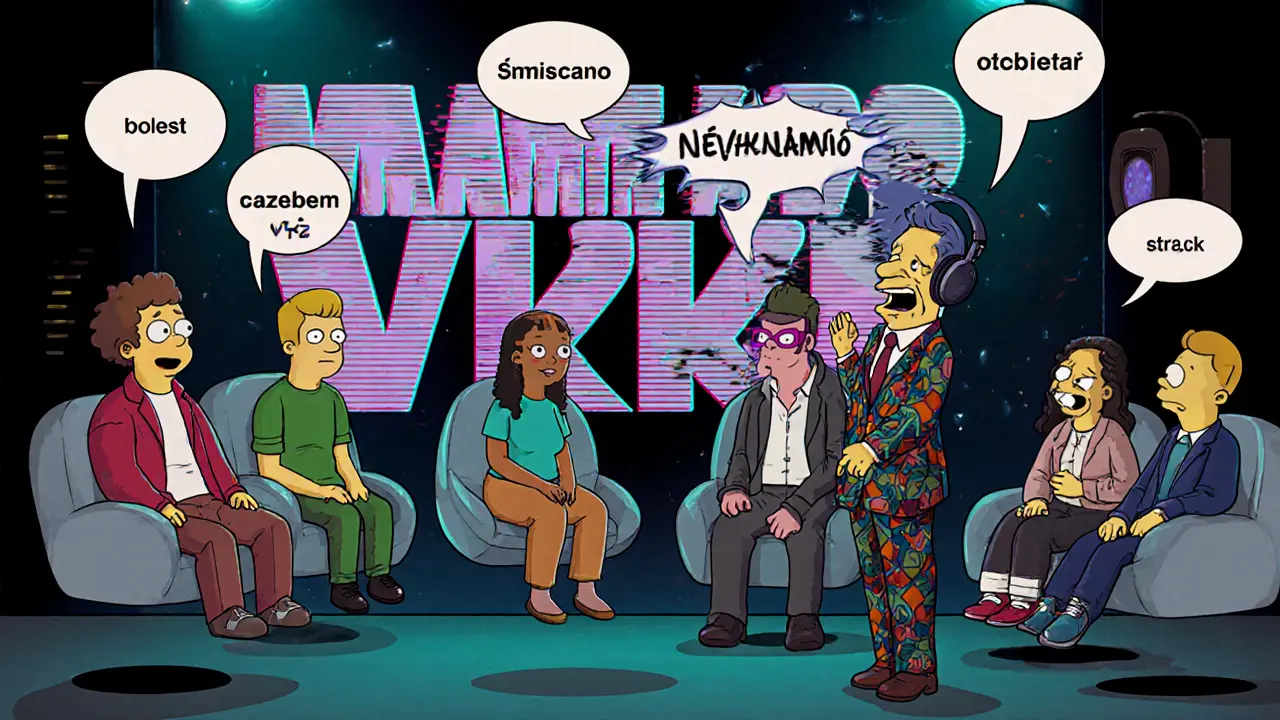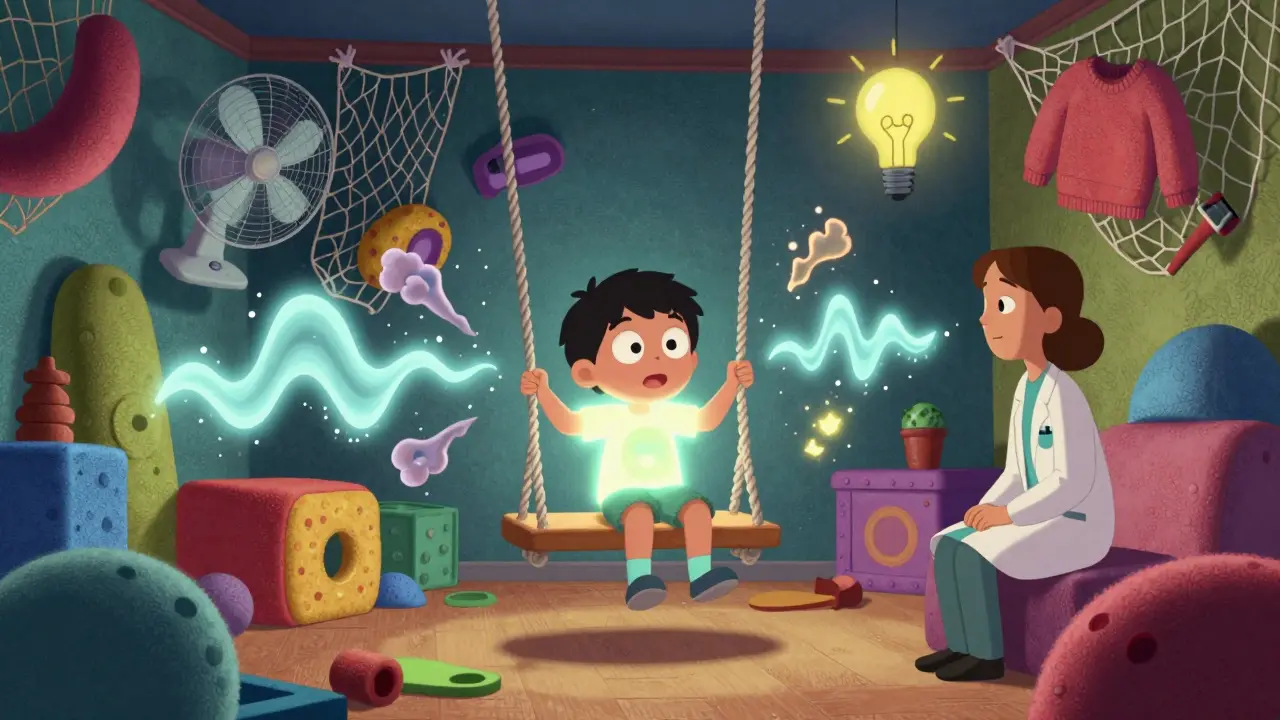Terapie v cizím jazyce: Kdy a proč funguje léčba jinou řečí
When you choose therapy in a foreign language, you’re not just switching words—you’re changing how you feel, think, and connect. Terapie v cizím jazyce, psychoterapeutický proces probíhající v jazyce, který není klientovým mateřským jazykem. Also known as terapie v angličtině, it can feel like wearing someone else’s shoes—awkward at first, but sometimes surprisingly liberating. Many people in the Czech Republic choose this path not because they have to, but because it helps them say things they can’t say in Czech. Maybe it’s easier to talk about shame in English. Or grief. Or the weight of expectations from your family. The language isn’t just a tool—it becomes a buffer, a shield, or sometimes, a bridge.
It’s not just about fluency. Terapeutický vztah, důvěra a spojení mezi klientem a terapeutem, které je základem úspěšné léčby can deepen when you speak in a language that feels less emotional. You might feel less judged, less tied to childhood memories tied to your mother tongue. But this only works if your therapist truly understands the cultural layers behind your words. A therapist who only speaks your foreign language fluently but doesn’t get how Czech families express love—or how British understatement hides pain—won’t help you. That’s why kultura a terapie, vzájemný vliv kulturních norm, hodnot a komunikačních stylů na psychoterapeutický proces matters more than grammar. The best therapists in Prague who offer sessions in English, German, or French don’t just translate words—they translate meaning, silence, and emotion.
Some people avoid therapy in their native language because they grew up with it as a tool for control, criticism, or silence. For them, speaking English feels like stepping into a new room where no one knows their past. Others choose a foreign language because their therapist is based abroad, or because they’ve lived abroad and feel more themselves in that context. There’s no right or wrong—only what works for you. But be honest: if you’re choosing a foreign language just to avoid discomfort, it might backfire. True healing needs honesty, not distance.
If you’re considering this path, ask your therapist: "How do you handle emotional moments when words don’t translate?" or "Have you worked with clients who speak my language as a second language?" The right person won’t just be fluent—they’ll be curious about your relationship with language itself. And they’ll know that sometimes, the most powerful thing you can say isn’t in Czech, English, or German—it’s in the pause between words.
Below, you’ll find real stories and insights from people who’ve walked this path—and from therapists who’ve learned how to meet them there. Whether you’re thinking about trying it, already doing it, or just wondering if it’s worth it, these posts will show you what actually happens when therapy crosses language borders.
Jazyk terapie: Jak najít psychoterapeuta, který pracuje v angličtině nebo jiném jazyce
Jak najít psychoterapeuta, který pracuje v angličtině nebo jiném jazyce, když žiješ v Česku nebo na Slovensku? Zjisti, kde hledat, jaké jsou ceny, jak poznat kvalifikovaného terapeuta a proč jazyk v terapii hraje klíčovou roli.


